Gurgaon, July 2, 2024 — As the British-era Indian Penal Code (IPC) makes way for the newly introduced Bharatiya Nyaya Sanhita (BNS), lawyers at the district court in Gurgaon are grappling with significant confusion and challenges. The lack of training on drafting petitions, submitting evidence, and understanding the new sections has left many attorneys uncertain about their practice under the new legal framework.
Transition from IPC to BNS
For decades, lawyers have navigated criminal cases using the well-known sections of the IPC—120B for criminal conspiracy, 420 for cheating, 302 for murder, and 376 for rape. However, from Monday, these familiar sections have been replaced by the BNS, BNSS (replacing the CrPC), and BSA (replacing the Indian Evidence Act).
At the district court, lawyers were seen poring over books and manuals to familiarize themselves with the new laws, gearing up for arguments before judges from Tuesday. The transition has not been smooth, with many lawyers admitting they have their task cut out.
Call for Training and Workshops
Manish Shandilya, a lawyer at the district court, highlighted the urgent need for workshops to train lawyers on drafting petitions under the new sections, submitting documents, and producing evidence. “We know the IPC sections like the back of our hand. But the BNS provisions will take time to memorize. For instance, when someone mentions murder, we are used to writing 302. But now, murder is Section 100 and cheating is Section 318 under the new criminal laws,” Shandilya explained.
He expressed concern that applications in court could be riddled with mistakes in the coming days due to the unfamiliarity with the new provisions. “We have a number of bail applications scheduled to be filed for Tuesday. In the absence of any proper training, we have been asking each other while drafting a plea. But everyone seems to be equally confused,” he added.
Challenges with Electronic Evidence
Shandilya pointed out the new requirement for video evidence under the BNS, which few lawyers knew how to handle. “As of now, there is no clarity on how electronic evidence will be submitted along with the application. The judicial settlement system will remain unchanged, but since provisions have been modified, it will take time to streamline the entire process,” he said.
Dual System for Old and New Cases
Rajiv Kaushik, another lawyer at the district court, emphasized the complexity of handling cases under both the old IPC sections and the new BNS provisions simultaneously. “Cases registered before July 1 will still be argued under the previous sections. But at the same time, the latest cases will involve the revised provisions. So, a lawyer with two sets of cases under different provisions on the same day may indeed find it challenging to argue in court,” he noted.
Concerns Over Citing Past Orders
Jagrup Singh of Adhiwakta Parishad, an association of lawyers, expressed concern over the reliance on past court orders. “During arguments, it is common practice for lawyers to cite past orders of courts. We rely heavily on this. But will it still hold ground before a judge now? All past cases were under the old laws when investigation relied on documentary evidence, unlike now,” he said.
Moving Forward
As the legal community in Gurgaon adjusts to the new BNS provisions, there is a pressing need for comprehensive training and clarity on the implementation of the new laws. The transition period is expected to be challenging, but with proper guidance and support, lawyers can navigate this significant shift in the Indian legal system.
For more updates on this story and other news, visit Sarhind Times.

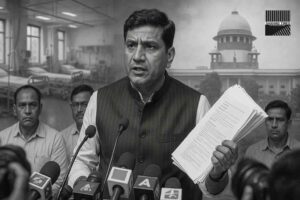



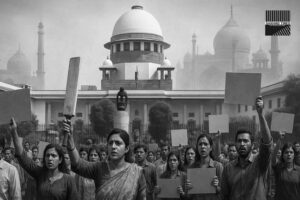


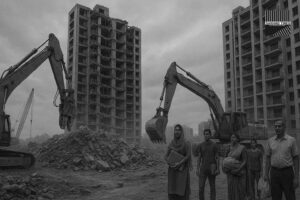


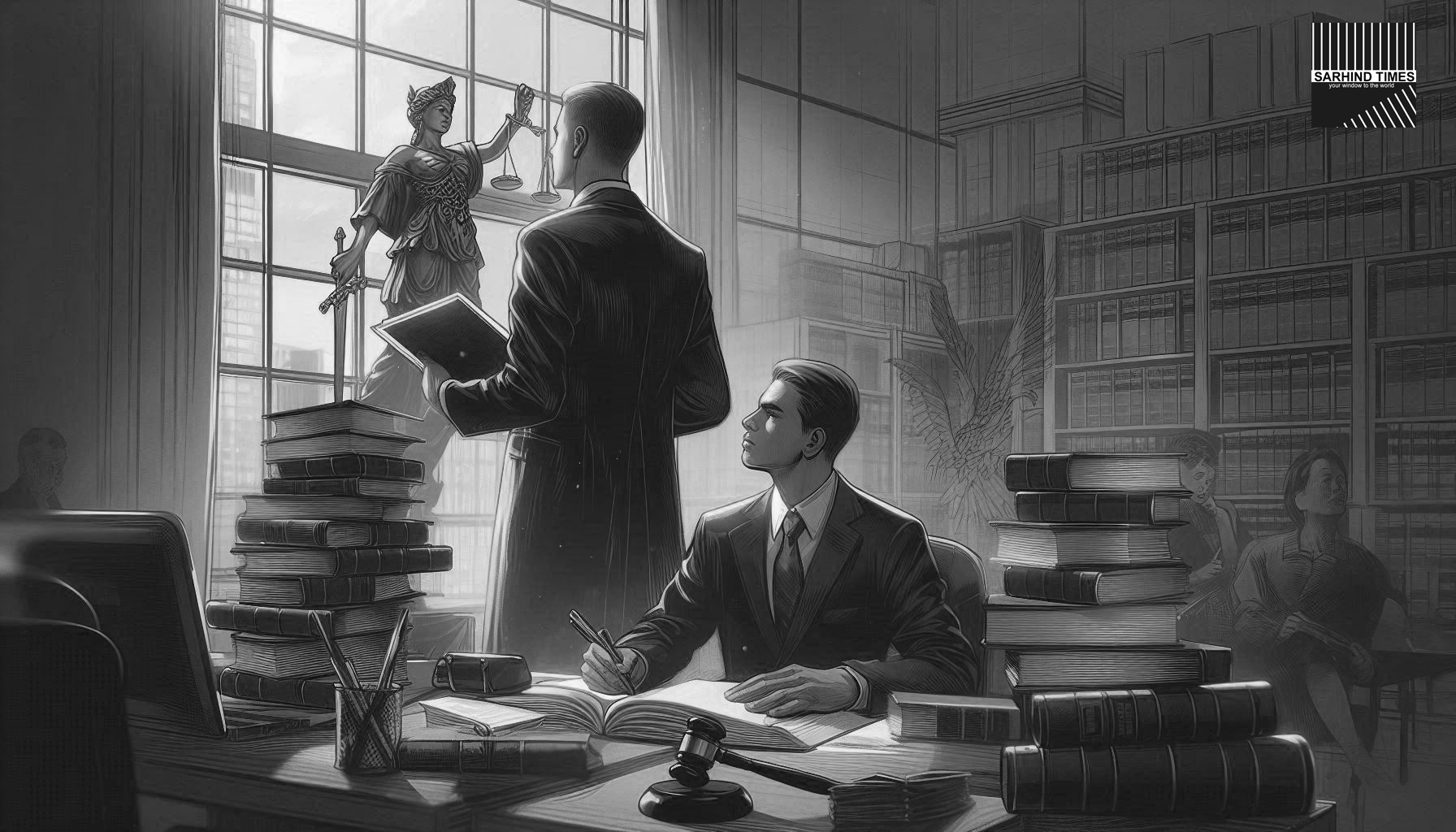
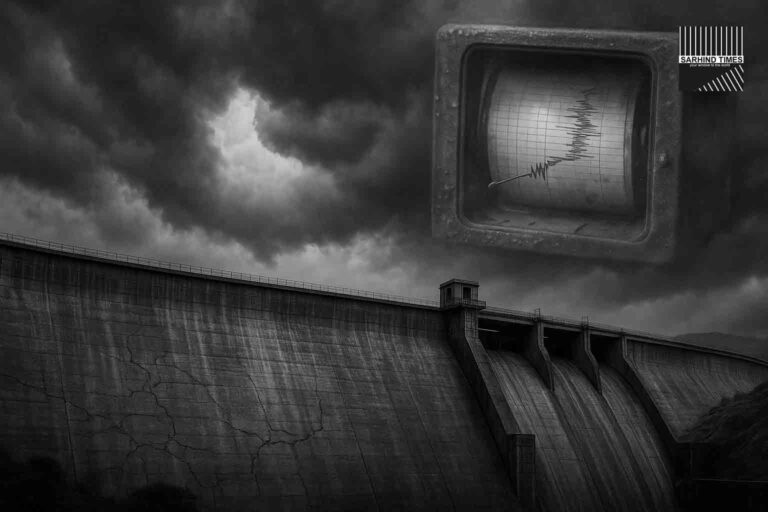
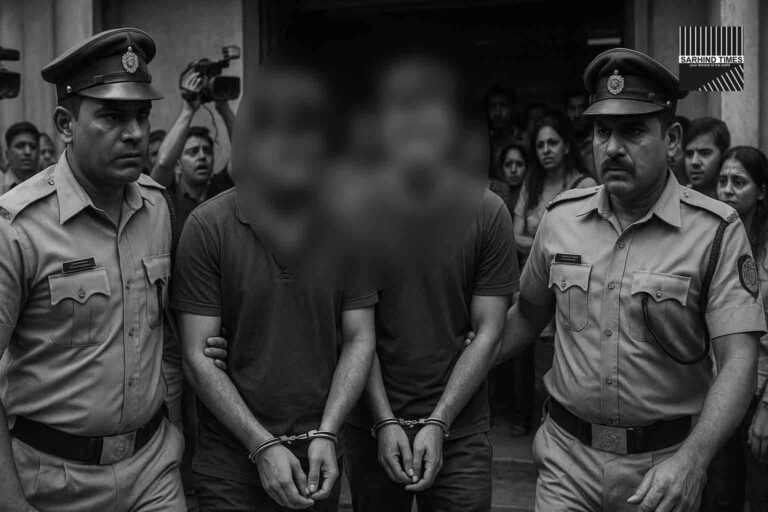
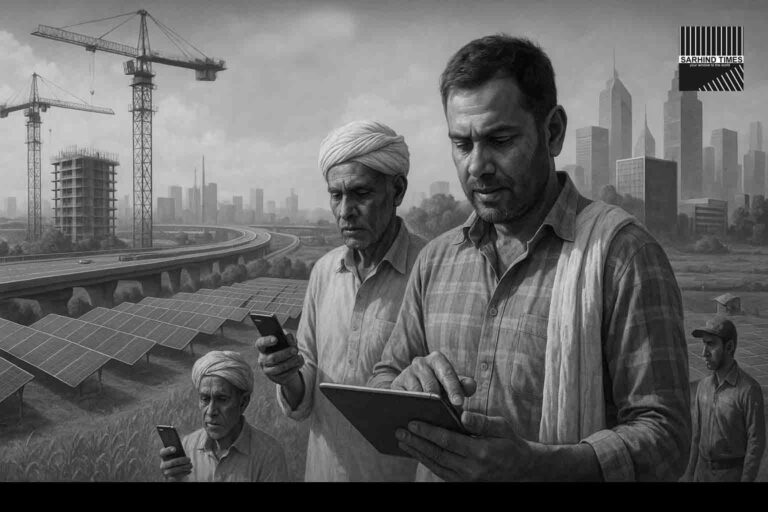
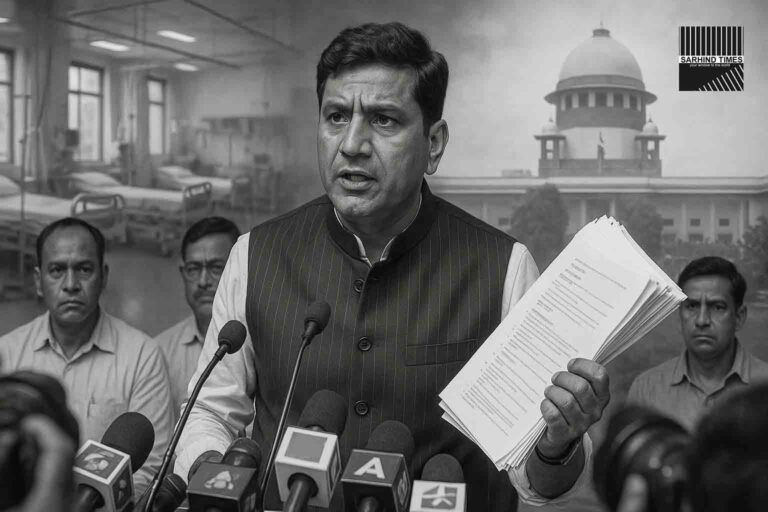



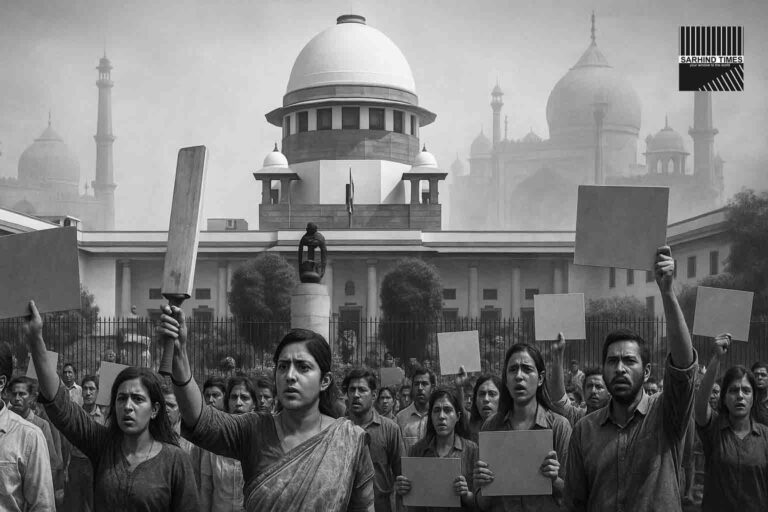
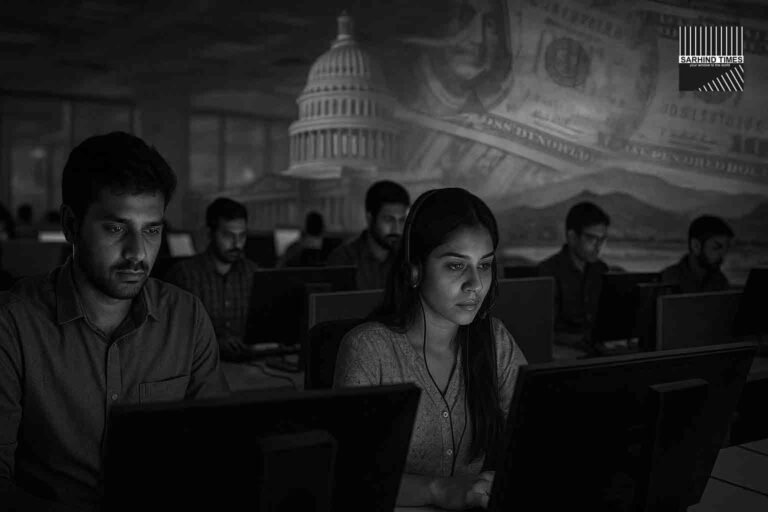
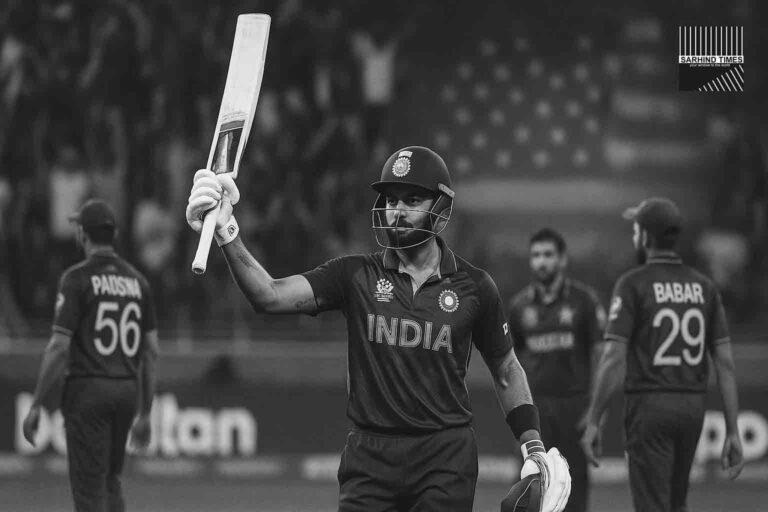
+ There are no comments
Add yours